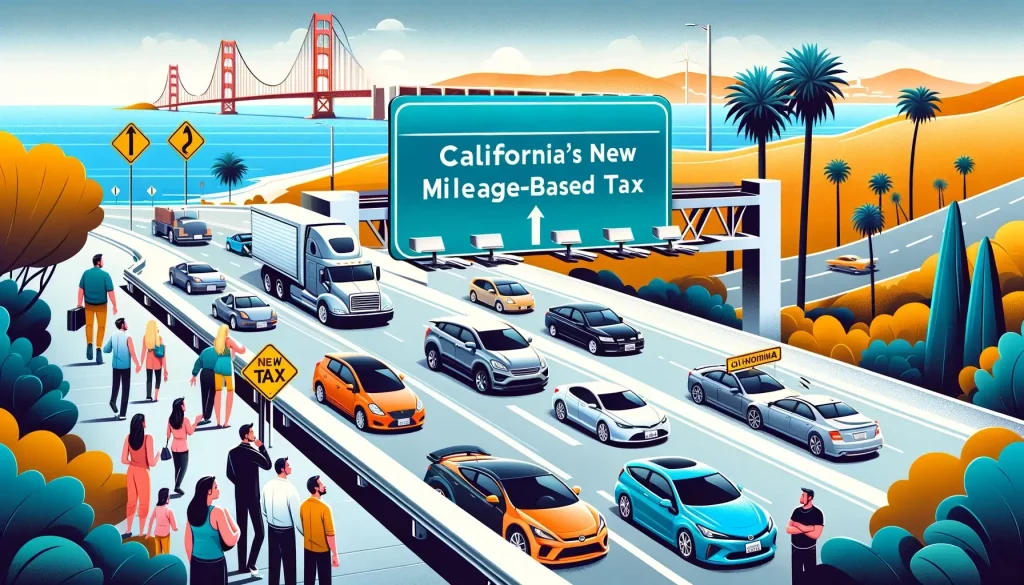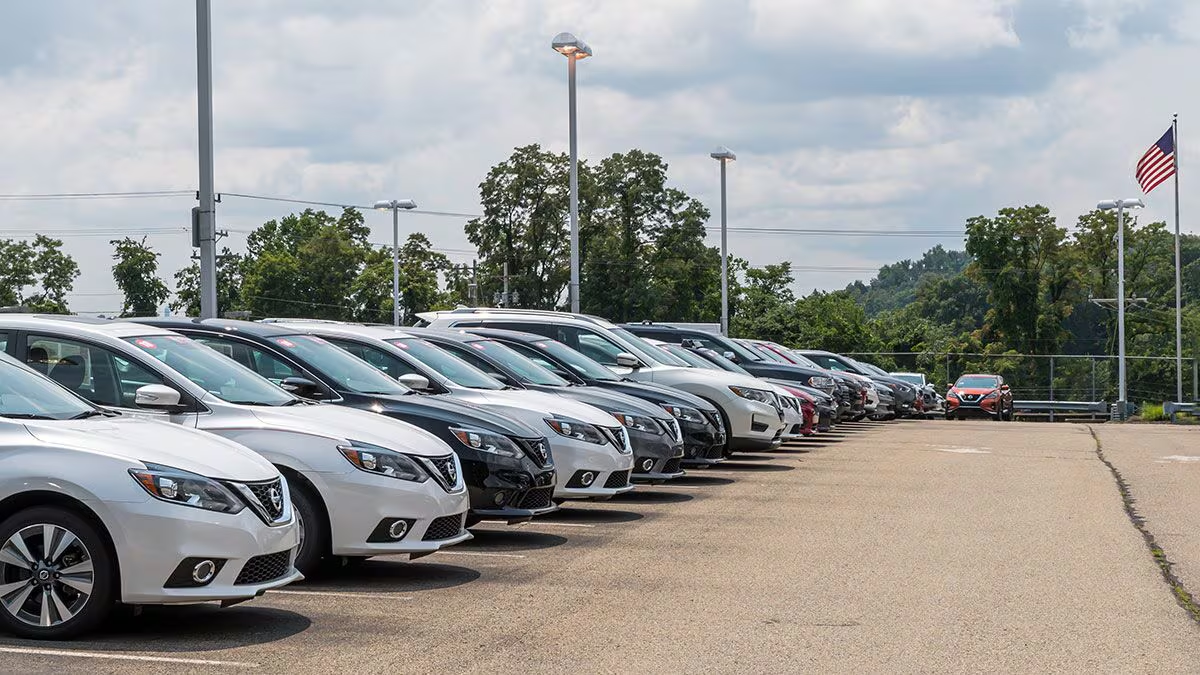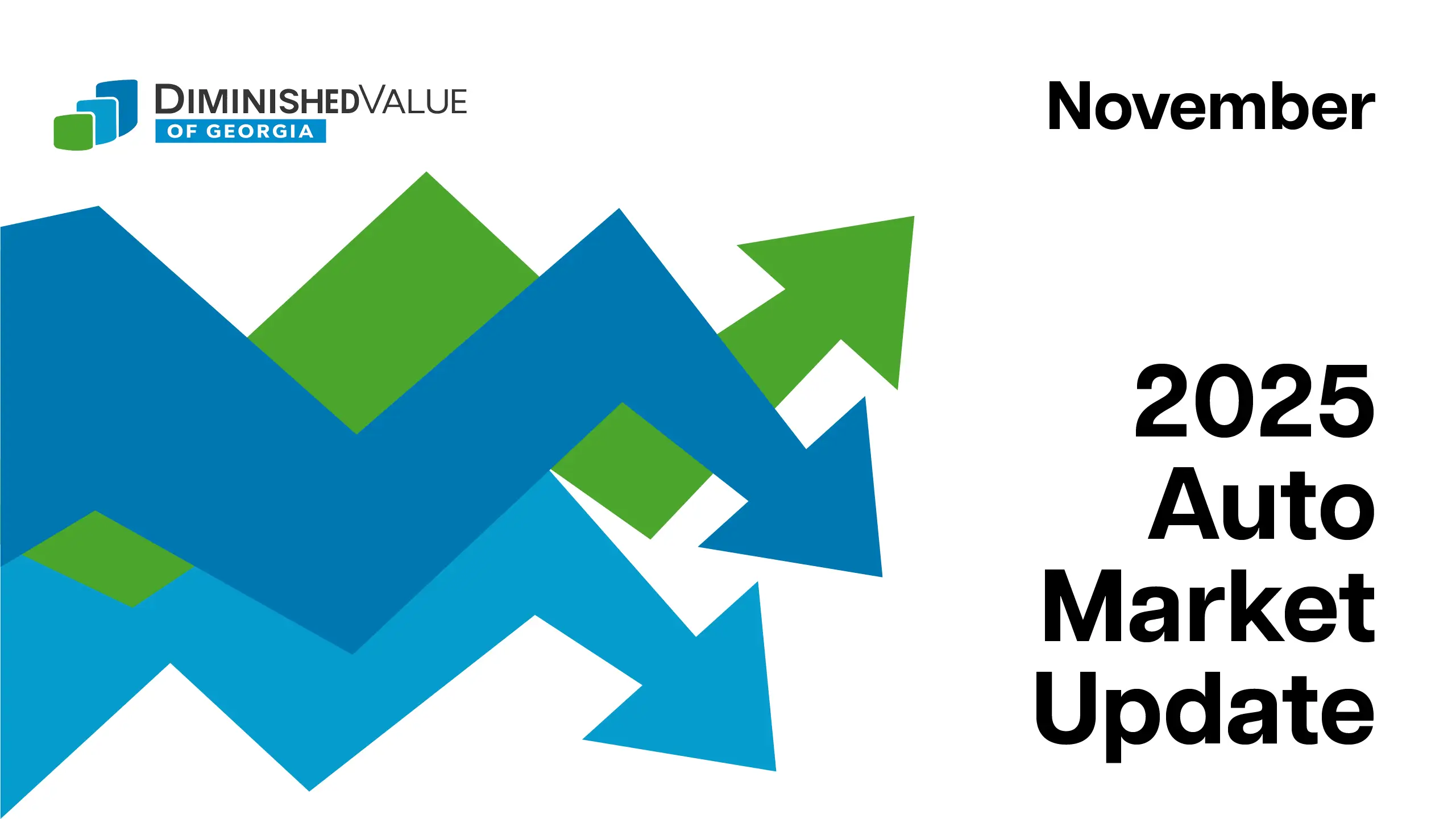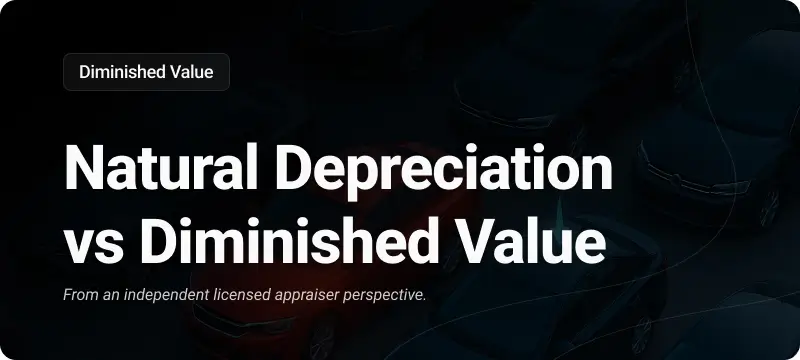California is leading the charge (pun intended) with its ambitious plan to replace the gasoline tax with a mileage-based tax. As the state sees an increasing number of electric vehicles (EVs) and hybrids on the roads, traditional revenue streams are drying up. The new pilot program, set to begin in August 2024, is designed to test the feasibility of this innovative approach. But what does this mean for drivers?

How California’s New Mileage-Based Tax Could Affect Drivers (PDF)
The Shift from Gasoline Tax to Mileage-Based Tax
California has long relied on gasoline taxes to fund its extensive road network. However, with the rise of EVs and hybrids, the state’s budget for road maintenance is taking a hit. The gasoline tax, which contributes a significant portion of the $8.5 billion annual road maintenance cost, is no longer sufficient. Enter the California Road Charge—a mileage-based tax designed to fill this gap.
Potential Costs for Drivers
One of the burning questions on everyone’s mind is, “How much will this cost me?” The pilot program will explore three potential rates: $0.02, $0.03, and $0.04 per mile. For a driver covering 1,000 miles a month, the monthly bill would range from $20 to $40.
To put this in perspective, if you drive a 2023 Honda Pilot, your monthly Road Charge bill could be:
- $20 at $0.02 per mile
- $30 at $0.03 per mile
- $40 at $0.04 per mile
Currently, the same driver might pay around $27.57 in gasoline taxes monthly. This means that, depending on the final rate set, some drivers could end up paying more, while others might save a few bucks.
Impact on Electric Vehicle Owners
For EV owners, who currently enjoy minimal road-related taxes (thanks to their $100 annual registration fee), the new mileage-based tax could mean higher costs. They would transition from paying almost nothing in gas taxes to potentially facing similar or even higher costs than traditional vehicle owners, depending on their mileage.
Privacy Concerns and Data Management
A significant concern for many drivers is how their mileage data will be tracked and managed. California’s pilot program aims to offer flexibility, allowing participants to choose from various tracking methods. These include:
- An electronic device connected to the car
- The car’s built-in tracking system
- Manually sending a photo of the odometer to Caltrans
This range of options is designed to cater to different levels of comfort with data sharing, balancing efficiency with privacy.
Potential Savings and Benefits
Interestingly, the mileage-based tax system could also present some savings opportunities. For drivers of fuel-efficient or hybrid cars, who might be paying more in gas taxes relative to their actual road usage, the new system could lower their overall tax burden.
Moreover, with the gasoline tax expected to dwindle as California moves toward its 2035 goal of banning gasoline-powered car sales, a sustainable and fair funding model for road maintenance is crucial.
Participating in the Pilot Program
If you’re interested in shaping California’s new road funding approach, consider joining the pilot program. Participants selected for the trial will:
- Pay a monthly Road Charge between August 2024 and January 2025
- Provide feedback through two surveys about their experience
- Receive a refund for their gas tax or EV registration fee
- Earn up to $400 in gift cards as a reward
The data and feedback collected during this pilot will play a vital role in perfecting the Road Charge system, ensuring it’s fair and effective for all drivers.
Wrapping It Up
California’s shift to a mileage-based tax system marks a significant change in how road maintenance is funded. While there are potential costs and privacy concerns, the pilot program offers a chance to refine the system before full implementation. Whether you’re driving a gas-guzzler or an EV, staying informed and potentially participating in the pilot could help shape a fair and effective solution for all California drivers.
So, what do you think? Ready to see how this new tax system could impact your driving costs?



